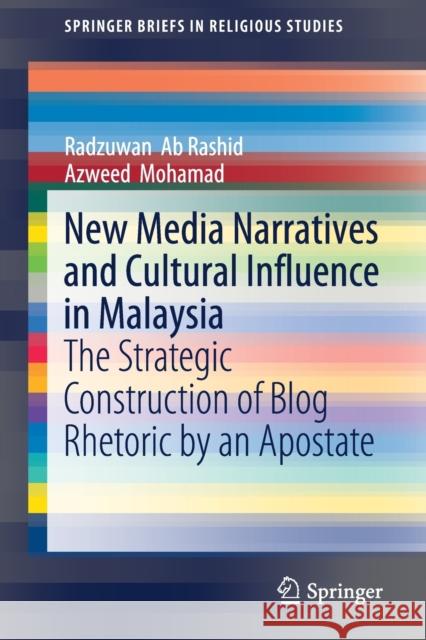New Media Narratives and Cultural Influence in Malaysia: The Strategic Construction of Blog Rhetoric by an Apostate » książka
topmenu
New Media Narratives and Cultural Influence in Malaysia: The Strategic Construction of Blog Rhetoric by an Apostate
ISBN-13: 9789811399848 / Angielski / Miękka / 2019 / 51 str.
New Media Narratives and Cultural Influence in Malaysia: The Strategic Construction of Blog Rhetoric by an Apostate
ISBN-13: 9789811399848 / Angielski / Miękka / 2019 / 51 str.
cena 201,24
(netto: 191,66 VAT: 5%)
Najniższa cena z 30 dni: 192,74
(netto: 191,66 VAT: 5%)
Najniższa cena z 30 dni: 192,74
Termin realizacji zamówienia:
ok. 16-18 dni roboczych.
ok. 16-18 dni roboczych.
Darmowa dostawa!
Kategorie:
Kategorie BISAC:
Wydawca:
Springer
Seria wydawnicza:
Język:
Angielski
ISBN-13:
9789811399848
Rok wydania:
2019
Wydanie:
2019
Numer serii:
000712319
Ilość stron:
51
Waga:
0.10 kg
Wymiary:
23.39 x 15.6 x 0.33
Oprawa:
Miękka
Wolumenów:
01
Dodatkowe informacje:
Wydanie ilustrowane











